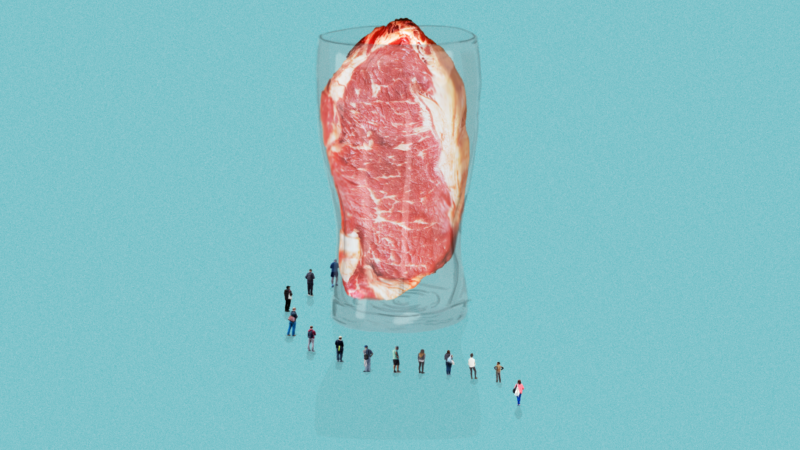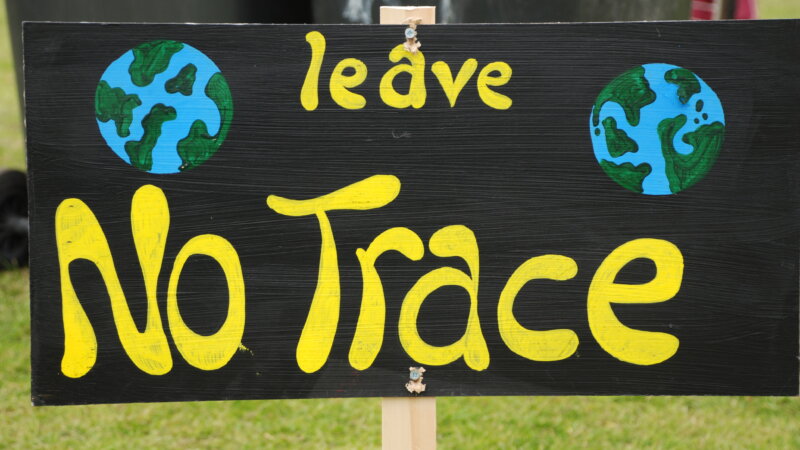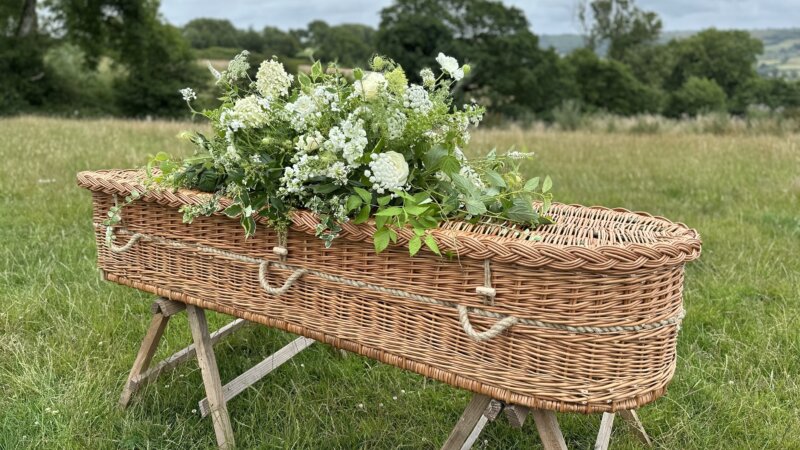Chris & Cosey: Experimental electronic duo bound for Sheffield
Chris Carter and Cosey Fanni Tutti are best known as one half of Throbbing Gristle, the seminal Industrial band who over the fleeting course of six years gained a feverish notoriety to the point of being labelled “wreckers of Western civilization” by Tory MP Nicholas Fairbairn. After the group disbanded, Chris and Cosey moved to the Norfolk countryside and set up a home studio which has produced constantly adventurous electronic sounds that have delighted Industrial nuts and raving crowds of Goa in equal measure.
Saturday 4 October will see them bringing their Carter Tutti play Chris & Cosey show to Sensoria Festival in a recently refurbished Abbeydale Picture House.
Your next performance in Sheffield will be as Carter Tutti 'playing' Chris and Cosey. What has this involved up to now? How do you view this past work?
[Cosey] It’s entailed revisiting and reworking the older Chris & Cosey tracks in a way that we feel comfortable with performing as Carter Tutti. We didn't want to just play them as they were on the original recordings. That would be a pointless exercise. It's been great to play them live again to audiences that are really up for it and who know the tracks. It’s also wonderful to see how our work has touched people over the years. You don't often get to witness that.
You're often associated with Sheffield's Cabaret Voltaire because of your similar sound. Have any other artists or activities in this city been influential to you over the years?
[Cosey] I wouldn't say we've been influenced by the Cabs. We released their first cassette on our label Industrial Records back in the late 1970s. I guess you could say some of the sounds are similar because we were all using similar equipment at that time, but Throbbing Gristle (TG), Chris & Cosey and Cabaret Voltaire each have their own recognisable sound.
[Chris] In the 1970s there were a lot of independent experimental electronic bands emerging in the UK. We all evolved roughly at the same point in time using similar set-ups, had a similar ethos and went in similar directions conceptually, but there’s absolutely no mistaking the sound of Throbbing Gristle or the Cabs or C&C. In those days we were mostly influenced by our situation and surroundings in East London, not so much the sounds of Sheffield, although Manchester has a thread running through some of the early TG material.
Many songs from your career have been snapped up by DJs and been employed to great success on club dancefloors. What was your feeling concerning the ability the dancefloor had to deliver the messages of Throbbing Gristle?
[Chris] Absolutely zero with TG. Well, apart from a few TG remixes me and Cosey did for Mute. Chris & Cosey have always been a big hit on the dancefloor, particularly in the 80s and 90s on the West Coast, Goa and gay clubs.
Is how a song will be received on a dancefloor now a consideration for you when writing songs?
[Chris] I’d say an emphatic ‘no’, but then again we do have a history of producing extended B-side mixes that I guess were done with the dancefloor in mind. But they were all done after the fact, so to speak. However, we’ve just finished two new studio albums, Carter Tutti Plays Chris & Cosey and Carter Tutti Remix Chris & Cosey, and both these were produced and mixed to be played loud or on the dancefloor.
What drew you both to electronics?
[Cosey] Initially I'd say it goes back to when I was a child and my father building radios at home. The strange noises emanating from his circuit boards were just assimilated as part of what I later considered to be part of my sound arsenal.
[Chris] In the 1960s my parents gave me an electronics kit and you could build a radio, an oscillator, a flashing light and so on. Soon after I was given a small portable reel-to-reel tape recorder and I began recording things like The Goon Show off the radio and messing with the tape - running it backwards, cutting it up. The rest, as they say, is history.
Describing your music as 'industrial' from early on meant that you inevitably became associated with urban spaces. Does industrial music have to be a product of or a reaction to these environments?
[Cosey] Not at all. Industrial music is about the world and people's place within it. That's been a continuing misconception about industrial music. We created a new genre in music to provide a name for what we felt was a particular sound that represented our views and personal feelings.
[Chris] It doesn’t have to be, although it was obviously a catalyst for much of the early Throbbing Gristle work. Many ‘industrial’ musicians and fans of the genre, particularly nowadays, take the term far too literally, and assume everything has to be bleak in outlook and full of hard hitting rhythms and distorted vocals. The contemporary industrial genre has almost become a parody of the term, much like punk and metal.
Nik Void of Factory Floor has become an obvious contemporary. What is it about her as an artist that appeals to you?
[Chris] Nik is talented and very versatile and what I like is that she’s not afraid to try something new, to take that leap of faith we often ask of friends we collaborate with. She seems just as happy torturing her guitar as she does mangling her sampler - both skills I admire.
Many seminal artists stagnate. What is it about you that has meant you've been able to sustain such a diverse and exploratory career?
[Cosey] I guess it's our own curiosity and hunger for new sounds, ideas and experiences, as well as our refusal to work to a formula just because it pays well.
How did the TG reformation differ in intentions to other bands, who reform to cash in on a renewed interest in themselves?
[Cosey] There had always been a continuing interest in TG despite our 20-year hiatus. The primary reason we regrouped was in order for the 24 hours of Throbbing Gristle exhibition in London in 2002 to happen, which was a great success. After some discussion with Daniel Miller at Mute we all decided to perform live for a few shows.
[Chris] We decided early on that if we did regroup we would try and confound people’s expectations of what they might expect from a reformed TG, which I think we succeeded in.
How important was the political landscape in the 70s to the formation of Throbbing Gristle, and how would you have differed if you had formed under the current government?
[Chris] I think the current government and the Thatcher government are too similar to have made much difference. It wasn’t just the political landscape that affected us, although the results of those politics definitely had an effect. But the 1970s were so different in so many ways that it’s hard for people to grasp what the situation was like then for us. This was before affordable gear and home recording was possible, before widespread computer use, before the Internet, before mobile phones and the concept of apps. We’d only just got access to relatively cheap printing and photocopies. To quote Dickens - those times were another country.
Carter Tutti Plays Chris & Cosey will take place at the Abbeydale Picture House Ballroom on 4 October, supported by Stephan Mallinder of Cabaret Voltaire’s new project, Wrangler. Tickets are £10 and are available at sensoria.org.uk.
chrisandcosey.com )





